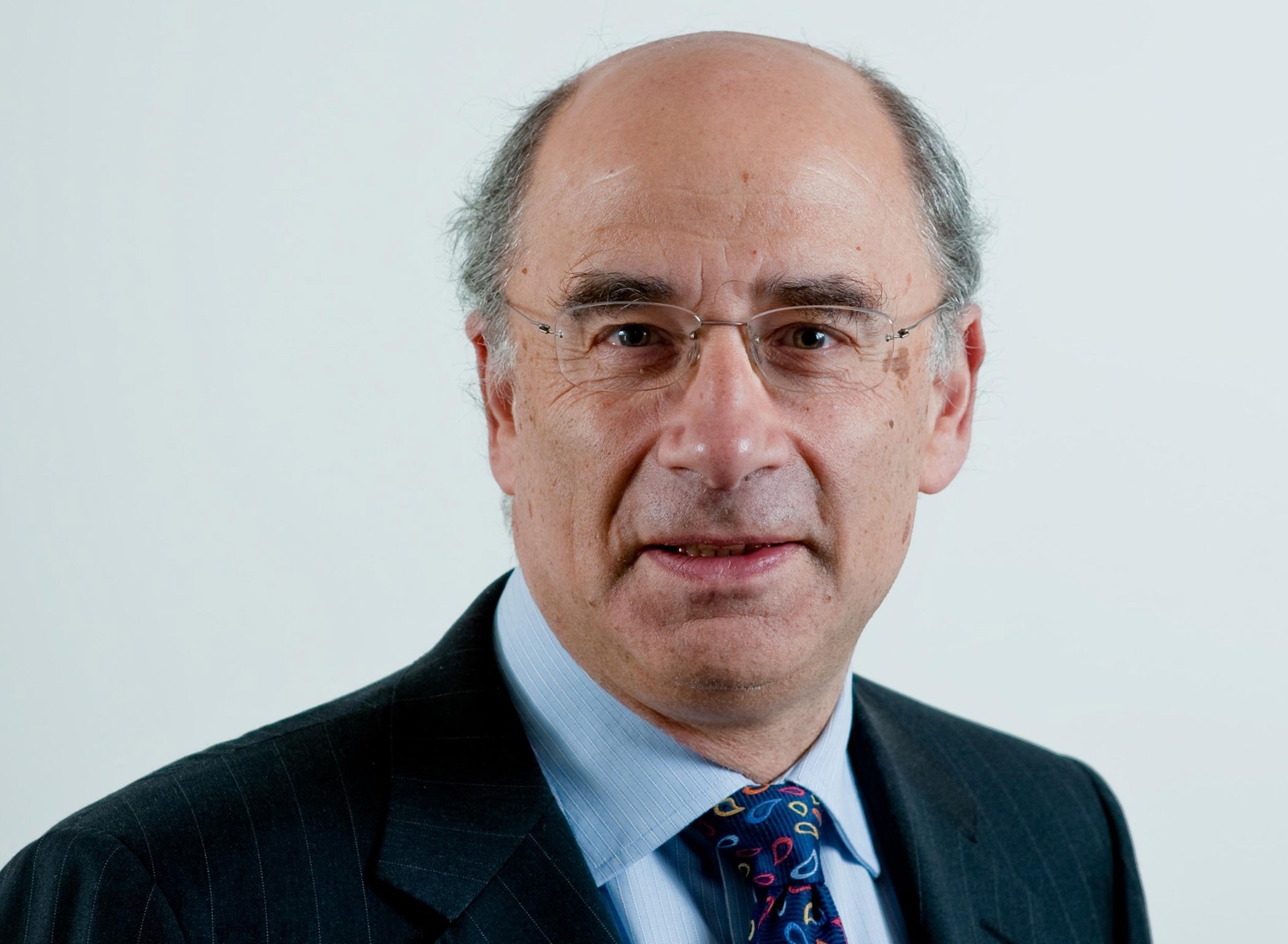Leveson is reporting on an issue of trust, not truss. Journalists should face true scrutiny too
An Office for Journalistic Responsibility would be too much. But why don't the press collectively fund a website to offer instant right of reply to those they write about?

Your support helps us to tell the story
From reproductive rights to climate change to Big Tech, The Independent is on the ground when the story is developing. Whether it's investigating the financials of Elon Musk's pro-Trump PAC or producing our latest documentary, 'The A Word', which shines a light on the American women fighting for reproductive rights, we know how important it is to parse out the facts from the messaging.
At such a critical moment in US history, we need reporters on the ground. Your donation allows us to keep sending journalists to speak to both sides of the story.
The Independent is trusted by Americans across the entire political spectrum. And unlike many other quality news outlets, we choose not to lock Americans out of our reporting and analysis with paywalls. We believe quality journalism should be available to everyone, paid for by those who can afford it.
Your support makes all the difference.Today’s letter by 86 MPs and peers serves only to reinforce the false impression that the choice we face post-Leveson is between giving the press another chance to reform itself or using the law to control the content of newspapers
The authors of the letter argue that the abuses investigated by Lord Leveson were not a “failure of regulation but rather of law enforcement.” Any new legislation would, they claim, be tantamount to the state licencing of journalists.
Those who want parliament to reinforce a new regulatory framework believe that the press has repeatedly shown itself to be incapable of enforcing acceptable ethical standards on its own industry.
Lloyd George said of the press that “what you can’t square you squash”. If he were alive today he might say that “what you can’t trust you truss.”
The hopes and fears of both sides of the argument are, it seems to me, misplaced.
Trust
Our judiciary, our medical profession and indeed our broadcasters are subject to legislation but they are not told what to say by politicians or governments. They all make mistakes, of course, but they enjoy a large measure of public trust. Any statutory underpinning of press regulation would be negligible by comparison to what they accept without feeling their freedom or independence is compromised.
But equally it is wishful thinking to believe that a bit of legislation to back up a tougher system of oversight of the press is going to tame the excesses that have so discredited it. As Peter Kellner argues, it is not just illegal activity that has undermined trust in the newspapers but a culture of ‘intruding unreasonably into people’s lives and/or presenting news in a shoddy, tendentious, distorted or inaccurate manner.’
It is not illegal, nor should it ever be, to quote selectively from an interview even if it gives a wholly distorted impression of what the interviewee wished to convey. We cannot use the law to prevent journalists from ignoring inconvenient facts when writing their stories. And we certainly would never want to force journalists to reveal their sources even when we may be convinced that if we did know who they’d been talking to it would cast a very different light on what they’d written.
When I was working in Downing Street under Tony Blair a well-respected Political Editor offered to attribute information he wanted from me to ‘senior Conservative sources’. And he did just that. I’ve never revealed who it was. We hear a lot about journalists protecting their sources. Well sometimes sources protect the journalist. And when I related the story to other senior correspondents more than one was honest enough to say they had done the same thing.
So if we can’t ensure trustworthy journalism by trussing journalists, what can we do? We can subject them to at least a measure of the kind of scrutiny they expect politicians, judges, doctors, vicars, social workers and everybody else to accept from them.
We don’t want a permanent Leveson-style investigation into their behaviour. And anything like an Office for Journalistic Responsibility to sit alongside the Office for Budget Responsibility would indeed be regulation too far.
Without fear or favour
While I was a No 10 we briefly published a document called ‘Mail Watch’ which merely pointed out what we believed were the facts the Daily Mail chose to ignore in its so-called ‘news’ about what the government was doing. That newspaper’s journalists hated it and felt unfairly victimised.
If the press believe they have learned their lessons and can now be trusted to behave ethically and fairly let them collectively fund a daily website which offers those they write about an instant right to reply. Give any individual who feels he or she has been misquoted or has had his or her views taken out context a platform for saying so. Provide a one-stop place for people to post the facts they think journalists have chosen to ignore. You can even put Hugh Grant on the production team.
The importance of a free press is to ensure that everybody, however powerful, is subject to scrutiny without fear or favour. Long may it last. But journalists cannot claim a special immunity from scrutiny and recover our trust at the same time.
Lance Price is the author of ‘Where Power Lies – Prime Minister v the Media” (Simon and Schuster).
Join our commenting forum
Join thought-provoking conversations, follow other Independent readers and see their replies
Comments